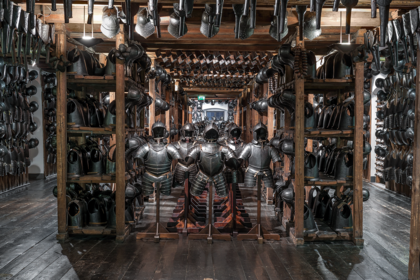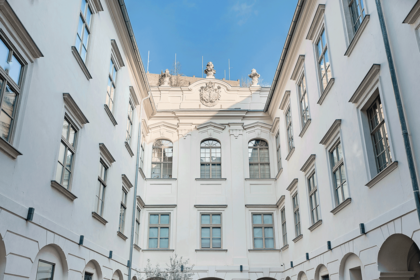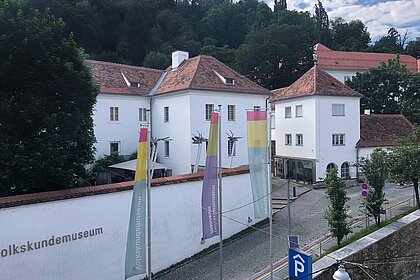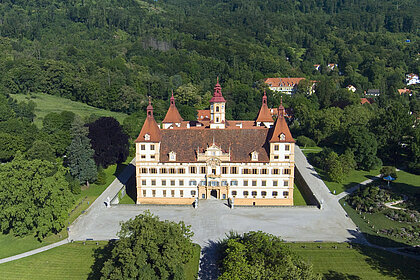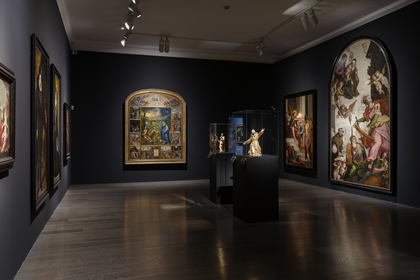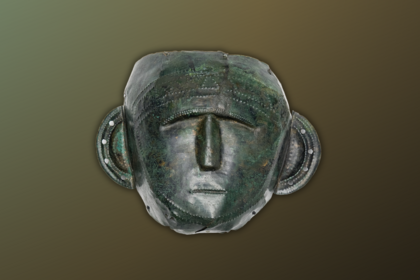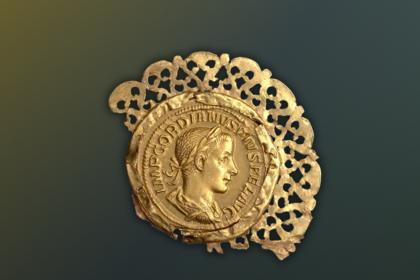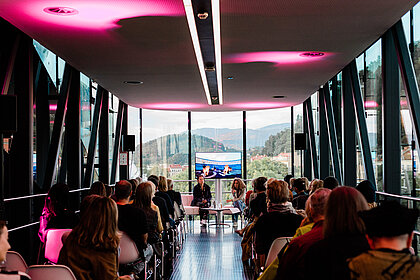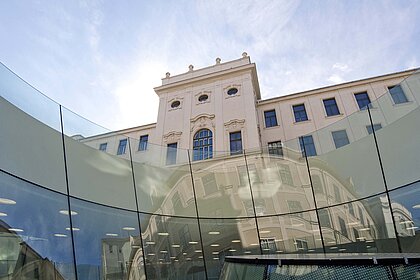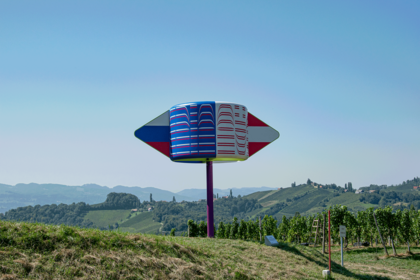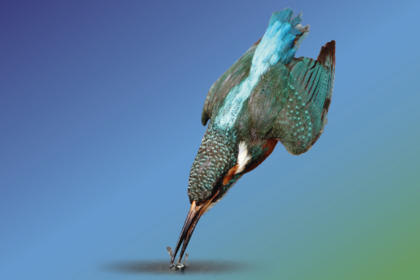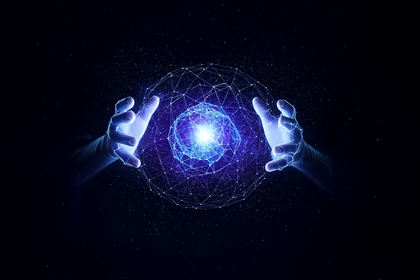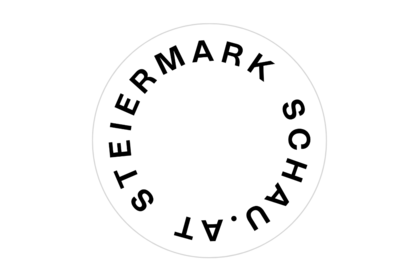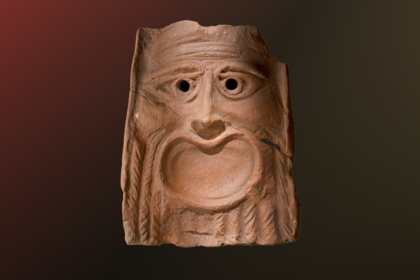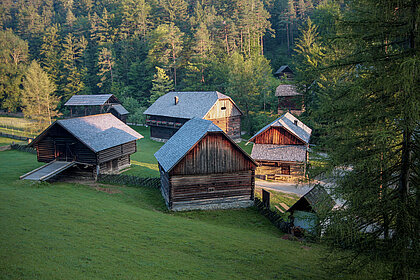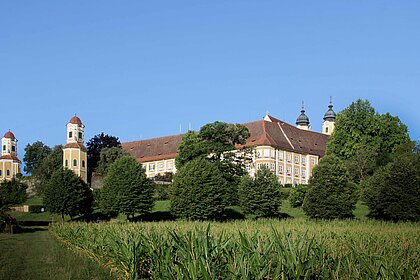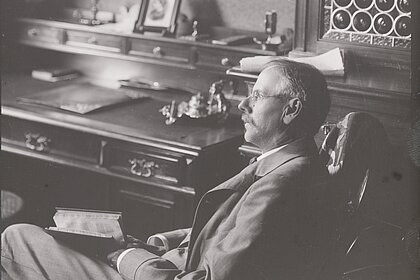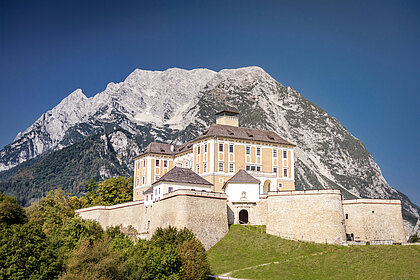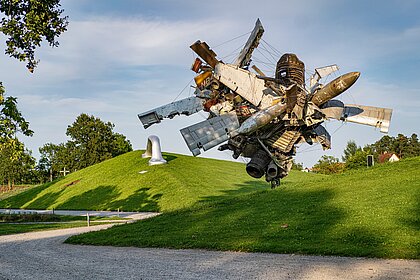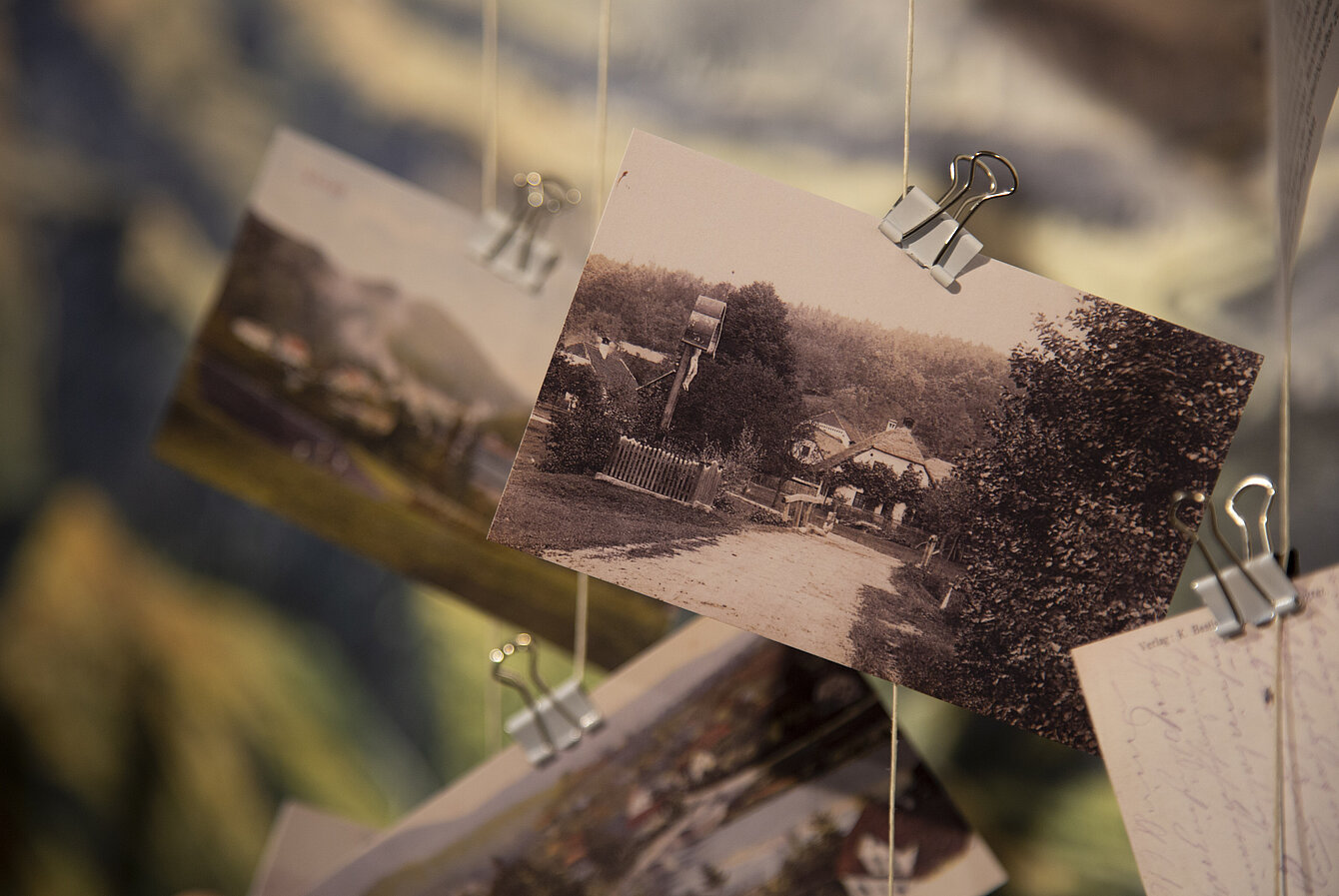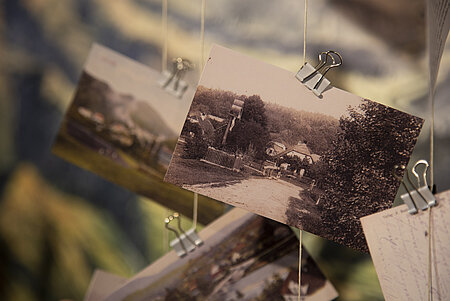With
Ralph Andraschek-Holzer Germanist and art historian, Lower Austrian Provincial Library, St. Pölten (AT)
Sándor Békési Historian and curator, Wien Museum (AT)
Mascha Gugganig Postdoctoral Fellow, University of Ottawa; Technical University of Munich (CAN/DE)
Wiebke Hölzer Art historian, research associate for the Wolfgang Haney Collection, Centre for Research on Antisemitism, Berlin (DE)
Angelika Königseder Historian, Arthur Langerman Archive for the Study of Visual Anti-Semitism at the Centre for Research on Anti-Semitism, Berlin (DE)
Carl-Eric Linsler Historian, Arthur Langerman Archive for the Study of Visual Anti-Semitism at the Centre for Research on Anti-Semitism, Berlin (DE)
Antonia Nussmüller Digital Museum Practice, GrazMuseum (AT)
Evi Scheller Digital Museum, Wien Museum (AT)
Organiser of the workshop
Eva Tropper Management Team, Museumsakademie Joanneum, Graz (AT)
